Alice
When mi tell yuh seh mi hate Alice, mi mean mi hate har lackka piezen. Yuh wouldda neba believe seh me an’ she a sista; born fram di same muma an’ pupa. Di gal extra suh til, juss because she have ‘high color’. A nuh fi mi fault seh mi get more melanin inna fi mi skin. A wha suh, meck dis fly-by-night pickney a teck set pan mi an’ a cause mi suh much distress?
A nuh really fi har fault doe. Children live what they learn an’ fi mi muma an’ pupa look like dem frighten fi Alice. Mi sure seh dem nevah suh happy wen me did born but wen Alice come, a one piece a celebration inna di yard.Their naming her Alice-Elizabeth, after some Princess from England and my having been given the archaic name, Dorcas - Esmeralda immediately proved to me that there was demarcation based on the color of our skin.We were of the same race and one blood, so why the difference? It was a puzzle to me.
People wouldda walk miles fi see di ‘pretty lickle baby wid di nice hair’. “What a way har nose straight, it nuh prawl aaf like Dorcas own,” a neighbor was heard to say. The oblique glance she gave me, made me aware that she was indirectly comparing my new born sister with me. I felt ugly.
“She gwine grow mannersable.”
What was I to understand from that? Because of my dark and I mean, DARK skin, I would not be poised and polite? People could be so cruel. It did not take me long to realize that my parents too, had their fair share of prejudice. The devotion which they showed to Alice and their constant commands to me to fetch Alice’s bottle or toys and to clean up after Alice made me aware that the proverb, “Donkey seh di worl’ nuh level”, was true. To make matters worse, when we were teenagers, I was the one who was sent on errands. Alice had to stay home for fear she got sunburned. While I received simple, drab looking cotton dresses, Alice was showered with brightly-colored organdy dresses and matching bows for her “tall hair”. She got panty-hose and patent leather shoes with cute bows while I still wore socks and my school shoes to church.
At school, things were no different. When three of us were squeezed together on the wooden bench, Alice had her own desk. She would fix her pleats neatly and sit erect like a queen on her throne. She introduced the guest speaker at special functions, she presented the gift baskets, and of course, it was Alice who played the role of Mary, in the Christmas production each year. Even though she could not carry a tune, Alice was the lead soloist in the church choir. She distributed stationery and teachers invariably called on her to read the Scripture lesson or explain a point from the Sunday School manual.
Is like everybody ‘worship’ Alice. Mi couldn’t hide mi feelings an’ mi used to give har pure bad-eye. Alice complained to our mother that I was being mean and rather than listening to both sides of the story, mother declared that Alice should tell her whenever I did anything malicious and mean. That’s what the lickle gal Alice wanted to hear, and even when mi was a mile away, she wouldda run bawling to Mama seh mi lick har, or mi pinch har. It was hell an’ powder house inna di yaad. Mi wouldda get a real behind-ing with whatever mama could put her hand on, and di one Alice wouldda juss deh roun’ a corner a dead wid laugh. My hatred for her grew more and more but I dared not speak up or try to fight back. My dark skin had rendered me inferior to my sister. Guilty by virtue of being black. I had borne the pain as best as I could, silently praying that one day change would come. Unfortunately there was no improvement. My parents and indeed the wider community continued to live with their belief that people of lighter skin were superior to those whose complexion were darker. As the tears streamed down my face I resolved that when I was able, I would do my best to change the mindset of people. I felt inadequate until I remembered the words of Edward Bulwer-Lytton,:” The pen is mightier than the sword.”
The scales had fallen away from my eyes. Herein was the solution. I would become a writer. Telling my story and the story of others like myself would bring awareness and would hopefully break down barriers of discrimination. Until then, Alice, my sister, had control.


